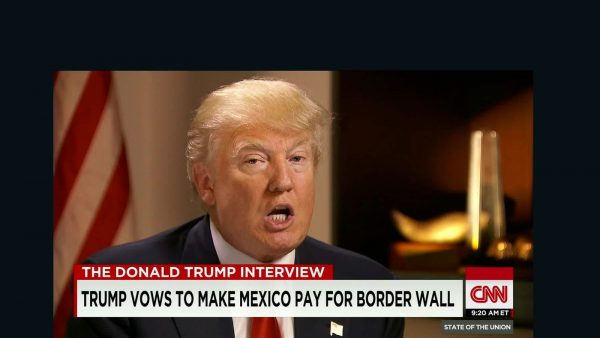The Los Angeles Times reports that if a new U.S. administration blocks the flow of remittances — the estimated $20 billion that Mexicans working in the U.S. send home each year — then joint efforts to stop money laundering and other illicit forms of finance will be dealt a dangerous setback, a senior Mexican official said on Thursday May 12.
Donald Trump, the presumptive Republican presidential nominee, has vowed, if elected, to make Mexico pay to build a wall along the entire southwest border, even if it means impounding remittance payments.
Fernando Aportela, Mexico’s deputy secretary for finance, said any attempt to seize remittances would force Mexicans to hide and smuggle their money, sending them into the shadows of illegality just as Mexican and U.S. officials are working to make money flows more transparent.
Aportela spoke at a forum on how the U.S. and Mexico have rewritten laws and shared information in an effort to stop money laundering and the movement of funds by organized crime, drug traffickers and other criminals.
He was asked whether attempts to confiscate remittances would be legal. Trump’s name was not mentioned.
Aportela and Daniel Glaser, an assistant secretary of the Treasury in charge of blocking terrorist financing, said the two governments have made progress in plugging holes in international banking and finance systems that allow criminals to move their money and pay for illicit operations.
Mexican officials have repeatedly rejected Trump’s campaign pledge, saying they have no intention of building or paying for a border wall.
A Trump administration could impose regulatory and logistical obstacles to transferring money to Mexico, just as the U.S. has done for terrorism financing. But doing so probably would face challenges in the courts and strong resistance from banks and financial institutions that make money off the transfers.
Source: latimes.com


